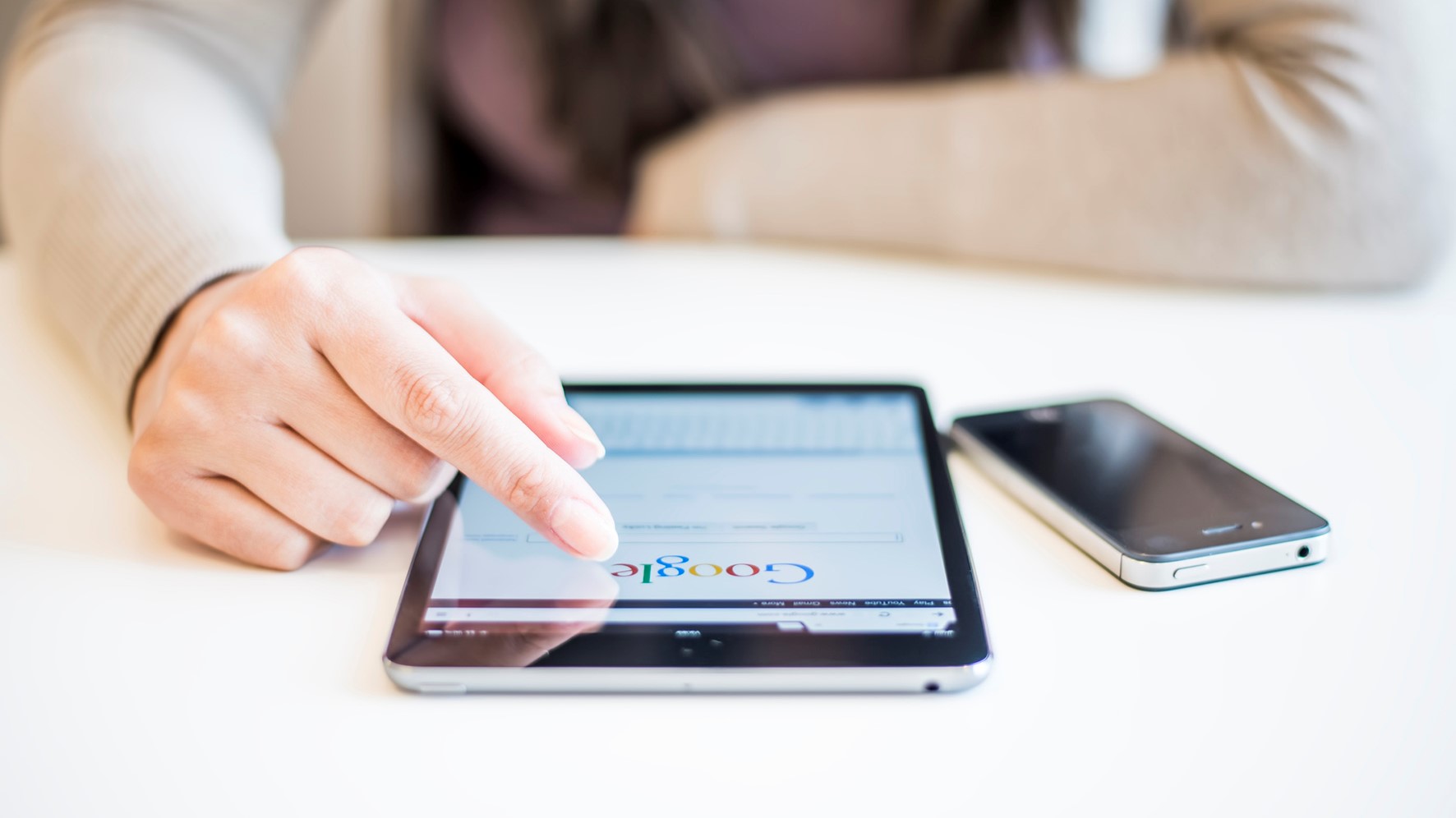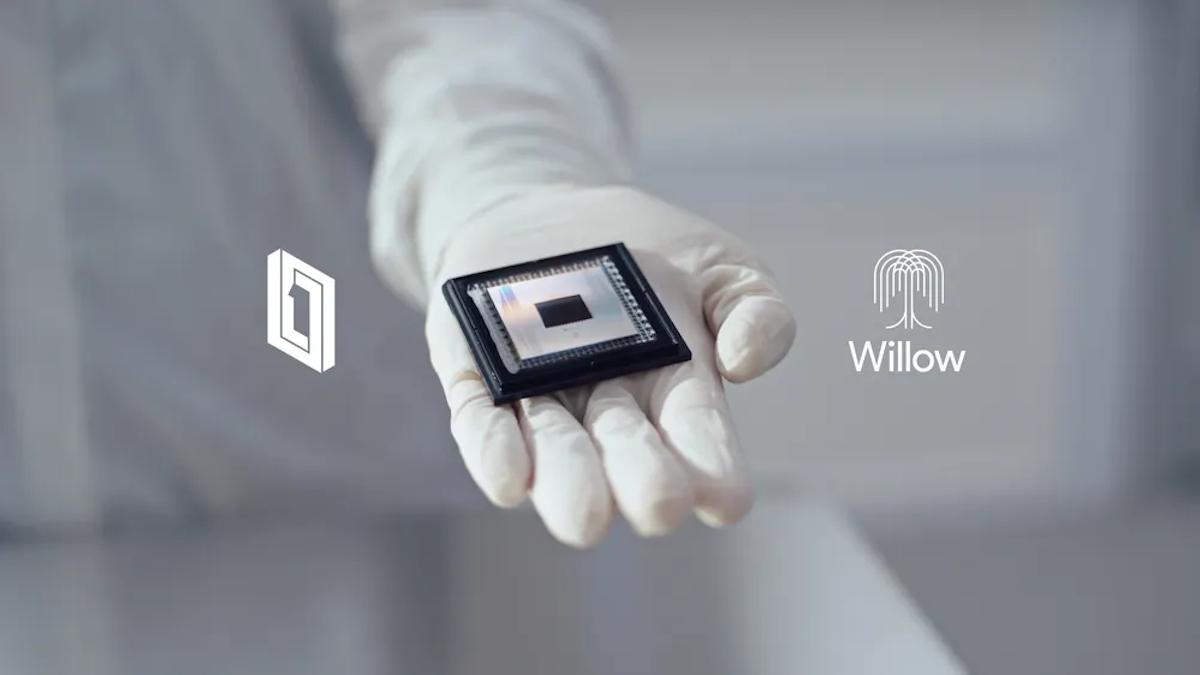Nearly half of UK young people buy meds after consulting “Dr Google”

It’s evident that relying on Google for a health diagnosis isn’t a good idea, but it seems a majority of UK people still do – and even buy medicines based on what they find.
A new UK survey finds that overall 59% of 1,000 respondents Google their health symptom before consulting a doctor, with 16% reporting that as a consequence a condition has gone undiagnosed by a doctor for some time.
Meanwhile, almost half (45%) of the 16-24 age bracket have bought medicines after a diagnosis from “Dr Google", along with around a third each of 25-34 and 35-44 year olds, according to the poll by vision care company Lenstore.
That’s quite a worrying finding, particularly in light of research published last year that found the accuracy of online symptom-checking websites and apps varied considerably, and only reached the correct diagnosis 36% of the time.
Sometimes, self-diagnosing on the internet can cause more harm than good, according to Dr Chun Tang, a GP at UK private healthcare company Pall Mall Medical.
Some sites are simply unreliable, providing inaccurate or incomplete information that can lead people to “wrong conclusion and wrong directions,” he says.
Meanwhile, websites serving healthcare professionals use terminology that may “cause…confusion and fear in the non-medically trained,” according to Dr Tang, who recommends people only use recognised and reliable websites such as NHS, Cancer Research UK, NICE and the BNF.
That’s backed up by the survey, which found that around 30% of people admitted that Googling a health symptom actually made them feel more anxious, while almost one in four said it had a negative effect on their mental health.
Londoners were the most likely to self-diagnose using a Google search, with 23% always checking symptoms online, whilst at the other end of the spectrum the same proportion of Liverpudlians said they never Googled symptoms.
The reasons for turning to the internet for self-diagnosis are varied, but the survey finds that the most common reason – cited by 40% of people – was simply to be aware of potential problems before seeing a doctor. Another 30% did so to avoid putting pressure on the NHS.
However, an alarming 37% of Brits use their own online self-diagnosis to determine whether they need to see a medical expert or not, which runs counter to medical advice.
Dr Tang advises people who are worried enough to carry out online research make sure they consult a medical professional as well, “whether a pharmacist for minor symptoms or a nurse or doctor for persisting and serious symptoms.”













